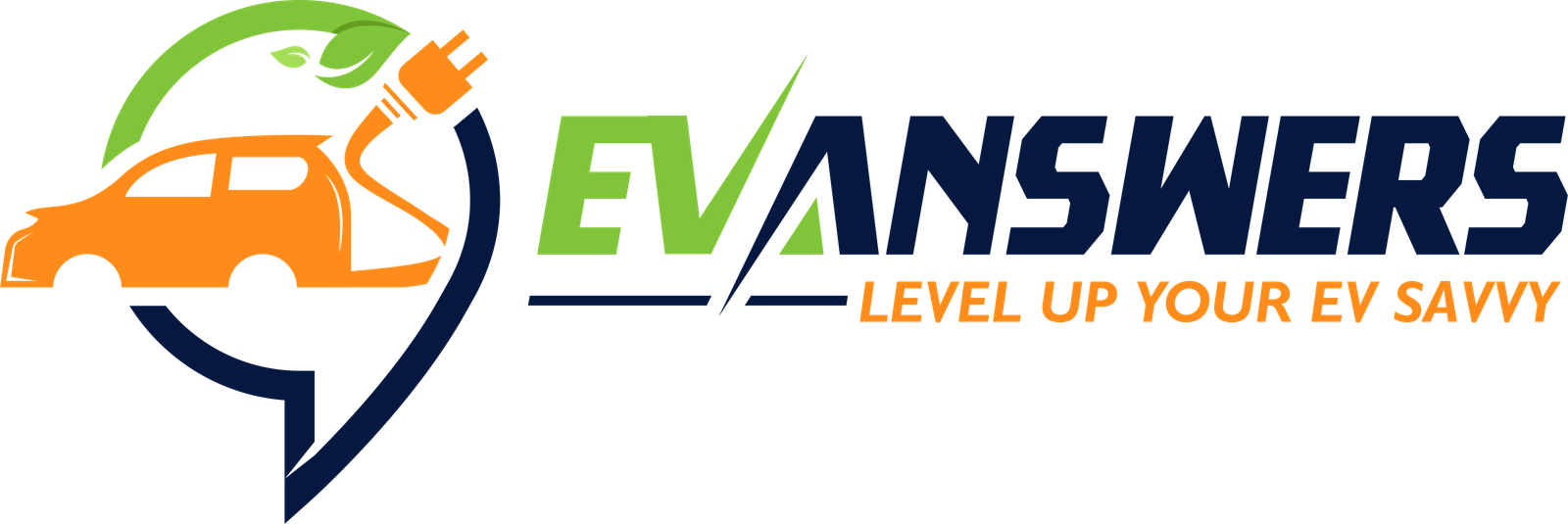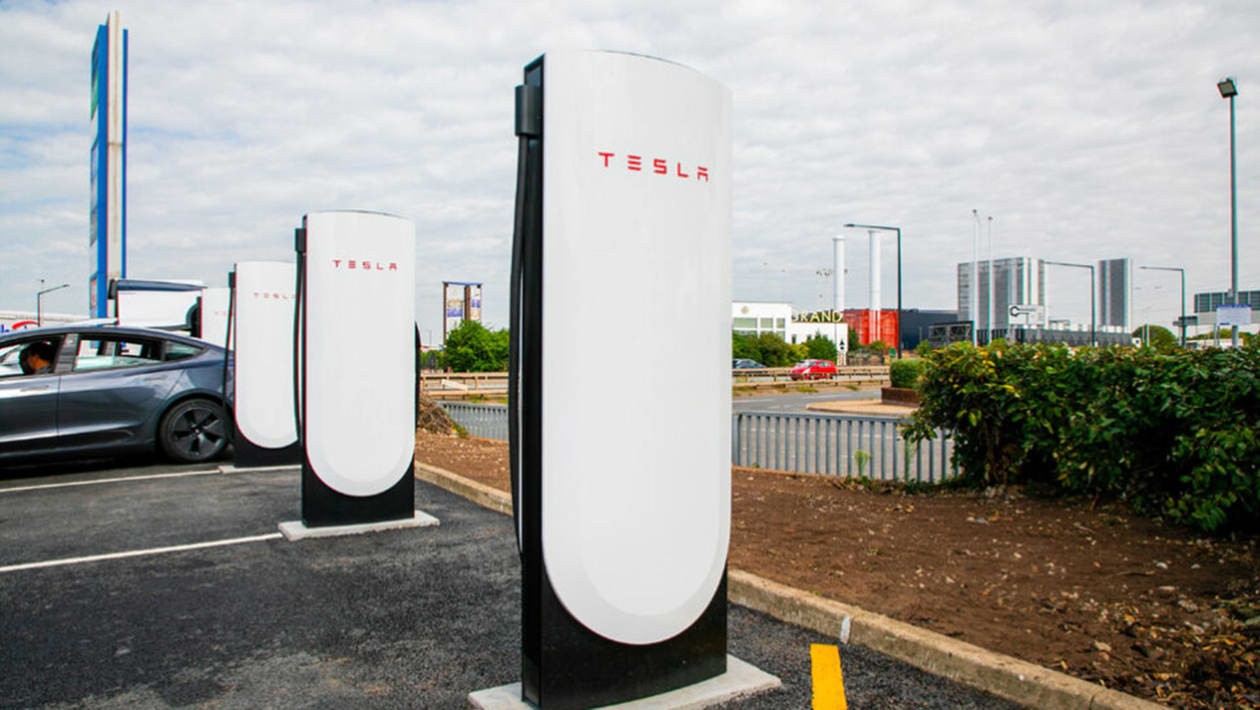The Tesla Supercharger Network has revolutionized EV road trips, providing fast and reliable charging. Here’s a comprehensive guide to optimizing your charging stops for a smooth journey.
Know Your Supercharger Sites: V2, V3, V4, and Urban Differences
Each type of Supercharger has distinct features that impact charging speeds and compatibility:
- V2 Sites: Deliver up to 150 kW, but share power between paired stalls (e.g., 2A and 2B). To charge faster, choose an unoccupied pair. [Insert Image: V2 Supercharger – Thicker cables, paired stalls]
- V3 Sites: Provide up to 250 kW with no stall pairing, ensuring full power at any open stall. Recognizable by thinner cables and ABCD labels. [Insert Image: V3 Supercharger – Thin cables]
- V4 Sites: Offer higher power output and greater compatibility with non-Tesla EVs, supporting CCS connectors. [Insert Image: V4 Supercharger – Sleek design]
- Urban Superchargers: Compact stations designed for city charging, typically capped at 72 kW to prevent overloading local power grids. [Insert Image: Urban Supercharger – Shorter pedestals, dense layouts]
Identifying Compatibility for Non-Tesla EVs
Non-Tesla drivers can access many V3, V4, and Urban Superchargers via the Tesla app. Check compatibility before your trip.
Choosing the Best Stall for Charging Efficiency
- At V2 Sites: Avoid paired stalls (e.g., 2B if 2A is occupied).
- At Mixed Sites (V2 & V3): Prefer V3 stalls, identifiable by thin cables.
- At Urban Sites: All stalls deliver equal power, so choose any available slot.
- For Non-Tesla Vehicles: Group together to reduce interference with Tesla-only stalls.
Understanding Power Sharing by Site Type
- V2 Sites: Power is shared between paired stalls (A/B).
- V3, V4, and Urban Sites: Power is distributed across the entire site, providing consistent output from any open stall.
Important Tips for High-Voltage Vehicles (800-900V)
Models like the Lucid Air, Kia EV6, and Hyundai Ioniq 5 may experience reduced charging speeds at V3 or V4 stations due to voltage mismatches. Plan for additional charging time or seek high-voltage optimized stations.
Ready to Become an EV Road Trip Pro?
Learn more in our expert-led EV webinar series, covering charging strategies, route planning, and more! Sign up here.
Happy road-tripping!

